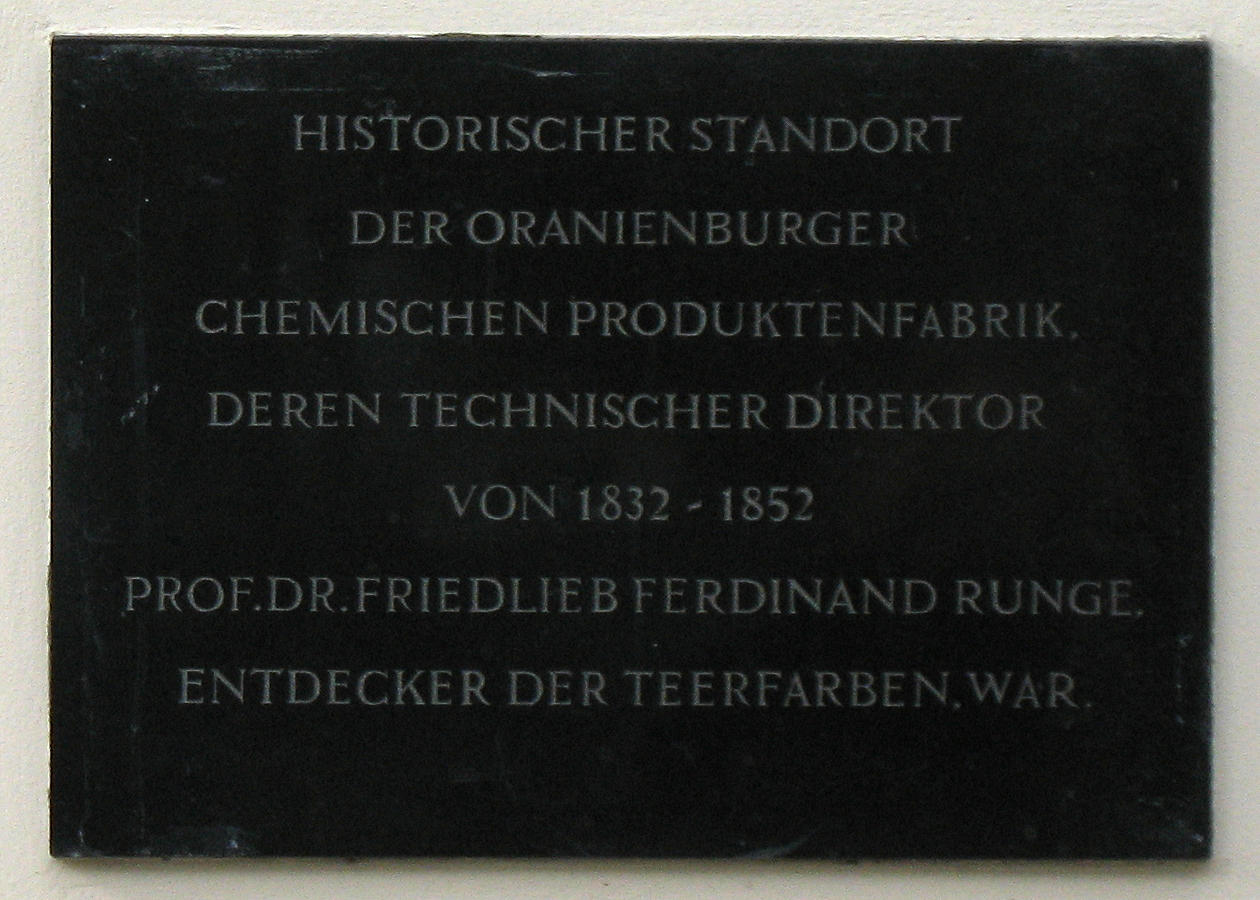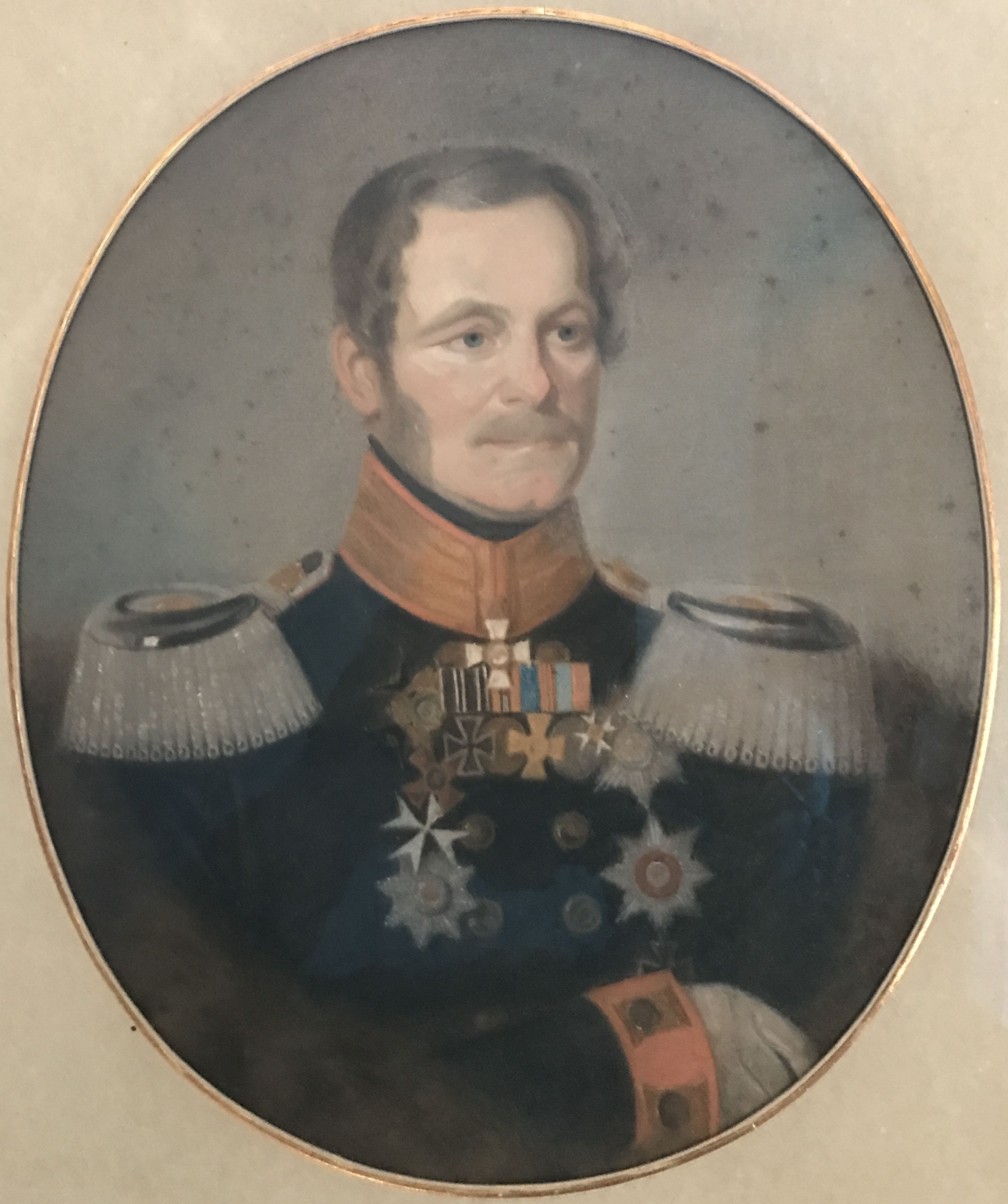|
Egmont Von Rauch
Egmont Roderich Carl von Rauch (8 January 1829 in Potsdam – 26 August 1875 in Oranienburg) was a cavalry officer and later colonel in the Prussian Army. He also founded the (Saxon-Thuringian Horse and Horse Breeding Association) and the horse races in Halle (Saale). He was born in Potsdam and died in Oranienburg. He was the youngest son of Friedrich Wilhelm von Rauch. External links {{Germany-mil-bio-stub 1829 births 1875 deaths Prussian Army personnel Egmont Egmont may refer to: * Egmont Group, a media corporation founded and rooted in Copenhagen, Denmark * Egmond family (often spelled "Egmont"), an influential Dutch family, lords of the town of Egmond ** Lamoral, Count of Egmont (1522–1568), the bes ... Horse breeders Military personnel from Potsdam ... [...More Info...] [...Related Items...] OR: [Wikipedia] [Google] [Baidu] |
Potsdam
Potsdam () is the capital and, with around 183,000 inhabitants, largest city of the German state of Brandenburg. It is part of the Berlin/Brandenburg Metropolitan Region. Potsdam sits on the River Havel, a tributary of the Elbe, downstream of Berlin, and lies embedded in a hilly morainic landscape dotted with many lakes, around 20 of which are located within Potsdam's city limits. It lies some southwest of Berlin's city centre. The name of the city and of many of its boroughs are of Slavic origin. Potsdam was a residence of the Prussian kings and the German Kaiser until 1918. Its planning embodied ideas of the Age of Enlightenment: through a careful balance of architecture and landscape, Potsdam was intended as "a picturesque, pastoral dream" which would remind its residents of their relationship with nature and reason. The city, which is over 1000 years old, is widely known for its palaces, its lakes, and its overall historical and cultural significance. Landmarks include ... [...More Info...] [...Related Items...] OR: [Wikipedia] [Google] [Baidu] |
Oranienburg
Oranienburg () is a town in Brandenburg, Germany. It is the capital of the district of Oberhavel. Geography Oranienburg is a town located on the banks of the Havel river, 35 km north of the centre of Berlin. Division of the town Oranienburg consists of nine districts: * Friedrichsthal * Germendorf * Lehnitz * Malz * Oranienburg * Sachsenhausen * Schmachtenhagen * Wensickendorf * Zehlendorf History Originally named Bötzow, the town of Oranienburg dates from the 12th century and was first mentioned in 1216. Margrave Albert the Bear (ruled 1157–1170) allegedly ordered the construction of a castle on the banks of the Havel. Around the castle stood a settlement of traders and craftsmen. In 1646, Friedrich Wilhelm I of Brandenburg married Louise Henriette of Orange-Nassau (German: ''Oranien-Nassau''). She was so attracted by the town of Bötzow that her husband presented the entire region to her. The princess ordered the construction of a new castle in the Dutch sty ... [...More Info...] [...Related Items...] OR: [Wikipedia] [Google] [Baidu] |
Prussian Army
The Royal Prussian Army (1701–1919, german: Königlich Preußische Armee) served as the army of the Kingdom of Prussia. It became vital to the development of Brandenburg-Prussia as a European power. The Prussian Army had its roots in the core mercenary forces of Brandenburg during the Thirty Years' War of 1618–1648. Elector Frederick William developed it into a viable standing army, while King Frederick William I of Prussia dramatically increased its size and improved its doctrines. King Frederick the Great, a formidable battle commander, led the disciplined Prussian troops to victory during the 18th-century Silesian Wars and greatly increased the prestige of the Kingdom of Prussia. The army had become outdated by the beginning of the Napoleonic Wars, and France defeated Prussia in the War of the Fourth Coalition in 1806. However, under the leadership of Gerhard von Scharnhorst, Prussian reformers began modernizing the Prussian Army, which contributed greatly to the def ... [...More Info...] [...Related Items...] OR: [Wikipedia] [Google] [Baidu] |
Friedrich Wilhelm Von Rauch (1790-1850)
Friedrich Wilhelm von Rauch (15 March 1790 in Potsdam - 9 June 1850 in Berlin) was a lieutenant general in the Prussian Army. Born in Potsdam, he was the son of major general Bonaventura von Rauch and took part in the War of the Fourth Coalition. He served as an adjutant general to King Frederick William IV of Prussia and as Prussia's military attaché at the Russian court of Emperor Nicholas I. He died in Berlin. His restored tomb monument is still there in the Invalids' Cemetery. His sons Alfred Bonaventura and Friedrich Wilhelm von Rauch also became generals. Marriage and children Rauch married in 1816 with Laurette Reichsgräfin von Moltke, daughter of Friedrich Detlev Reichsgraf von Moltke, Oberjägermeister to King Frederick William III. of Prussia. They had seven children: * Blanka (1817–1905), who married I 1843 Roderich Freiherr Spiegel von und zu Peckelsheim, Prussian Cavalry Captain ''(Rittmeister)'' at the Gardes du Corps and II 1854 Wilhelm von Schönermarck ... [...More Info...] [...Related Items...] OR: [Wikipedia] [Google] [Baidu] |
1829 Births
Eighteen or 18 may refer to: * 18 (number), the natural number following 17 and preceding 19 * one of the years 18 BC, AD 18, 1918, 2018 Film, television and entertainment * ''18'' (film), a 1993 Taiwanese experimental film based on the short story ''God's Dice'' * ''Eighteen'' (film), a 2005 Canadian dramatic feature film * 18 (British Board of Film Classification), a film rating in the United Kingdom, also used in Ireland by the Irish Film Classification Office * 18 (''Dragon Ball''), a character in the ''Dragon Ball'' franchise * "Eighteen", a 2006 episode of the animated television series '' 12 oz. Mouse'' Music Albums * ''18'' (Moby album), 2002 * ''18'' (Nana Kitade album), 2005 * '' 18...'', 2009 debut album by G.E.M. Songs * "18" (5 Seconds of Summer song), from their 2014 eponymous debut album * "18" (One Direction song), from their 2014 studio album ''Four'' * "18", by Anarbor from their 2013 studio album ''Burnout'' * "I'm Eighteen", by Alice Cooper common ... [...More Info...] [...Related Items...] OR: [Wikipedia] [Google] [Baidu] |
1875 Deaths
Events January–March * January 1 – The Midland Railway of England abolishes the Second Class passenger category, leaving First Class and Third Class. Other British railway companies follow Midland's lead during the rest of the year (Third Class is renamed Second Class in 1956). * January 5 – The Palais Garnier, one of the most famous opera houses in the world, is inaugurated in Paris. * January 12 – Guangxu Emperor, Guangxu becomes the 11th Qing Dynasty Emperor of China at the age of 3, in succession to his cousin. * January 14 – The newly proclaimed King Alfonso XII of Spain (Queen Isabella II's son) arrives in Spain to restore the monarchy during the Third Carlist War. * February 3 – Third Carlist War – Battle of Lácar: Carlist commander Torcuato Mendiri, Torcuato Mendíri secures a brilliant victory, when he surprises and routs a Government force under General Enrique Bargés at Lácar, east of Estella, nearly capturing newly cr ... [...More Info...] [...Related Items...] OR: [Wikipedia] [Google] [Baidu] |
Prussian Army Personnel
Prussia, , Old Prussian: ''Prūsa'' or ''Prūsija'' was a German state on the southeast coast of the Baltic Sea. It formed the German Empire under Prussian rule when it united the German states in 1871. It was ''de facto'' dissolved by an emergency decree transferring powers of the Prussian government to German Chancellor Franz von Papen in 1932 and ''de jure'' by an Allied decree in 1947. For centuries, the House of Hohenzollern ruled Prussia, expanding its size with the Prussian Army. Prussia, with its capital at Königsberg and then, when it became the Kingdom of Prussia in 1701, Berlin, decisively shaped the history of Germany. In 1871, Prussian Minister-President Otto von Bismarck united most German principalities into the German Empire under his leadership, although this was considered to be a " Lesser Germany" because Austria and Switzerland were not included. In November 1918, the monarchies were abolished and the nobility lost its political power during the ... [...More Info...] [...Related Items...] OR: [Wikipedia] [Google] [Baidu] |
Rauch Family
Rauch (meaning "smoke" or "fume" in German, perhaps an occupational name for a blacksmith or charcoal burner) may refer to: Places * Rauch, Buenos Aires, the ''cabecera'' (district capital) of Rauch ''partido'' * Rauch Partido, a ''partido'' (department) in Buenos Aires Province, Argentina * Rauch, Minnesota, an unincorporated community in northern Minnesota, United States Other * Rauch (company), an Austrian company that produces iced tea, juices and sports drinks * Rauch (crater), a crater on Mars named after the Argentine ''partido'' * "Rauch", a song from the album ''In Silence We Yearn'' by Oh Hiroshima People with the surname * Adolf von Rauch (born 1798) (1798–1882), German paper manufacturer * Adolf von Rauch (born 1805)(1805–1877), German cavalry officer, chamberlain and court-marshal to Princess Louise of Prussia, and chairman of the Numismatic Society in Berlin * Albert von Rauch (1829–1901), German general of the infantry *Alfred de Rauch (1887–1985), F ... [...More Info...] [...Related Items...] OR: [Wikipedia] [Google] [Baidu] |
Horse Breeders
The horse (''Equus ferus caballus'') is a domesticated, one-toed, hoofed mammal. It belongs to the taxonomic family Equidae and is one of two extant subspecies of ''Equus ferus''. The horse has evolved over the past 45 to 55 million years from a small multi-toed creature, ''Eohippus'', into the large, single-toed animal of today. Humans began domesticating horses around 4000 BCE, and their domestication is believed to have been widespread by 3000 BCE. Horses in the subspecies ''caballus'' are domesticated, although some domesticated populations live in the wild as feral horses. These feral populations are not true wild horses, as this term is used to describe horses that have never been domesticated. There is an extensive, specialized vocabulary used to describe equine-related concepts, covering everything from anatomy to life stages, size, colors, markings, breeds, locomotion, and behavior. Horses are adapted to run, allowing them to quickly escape predators, and pos ... [...More Info...] [...Related Items...] OR: [Wikipedia] [Google] [Baidu] |




